The birth of talk cinema in Hollywood propelled the US industry above its European counterparts, in particular Russian cinema. The emergence of the Second World War would also put a pin in the creative development of European cinema, as European governments focused their efforts on propaganda movies.
The US, geographically far from the war, would see very little catastrophic destruction to its infrastructure, allowing Hollywood to continue its development, unchallenged. Under attack from the Nazis, British cinema suffered a heavy blow. By the end of WW2, it was unable to compete with a well-established Hollywood machine, and British cinema remained overshadowed by the global conquest of America's soft power. It, nevertheless, continued to produce movies that have remained greats till today.
10 Lawrence Of Arabia (1962)
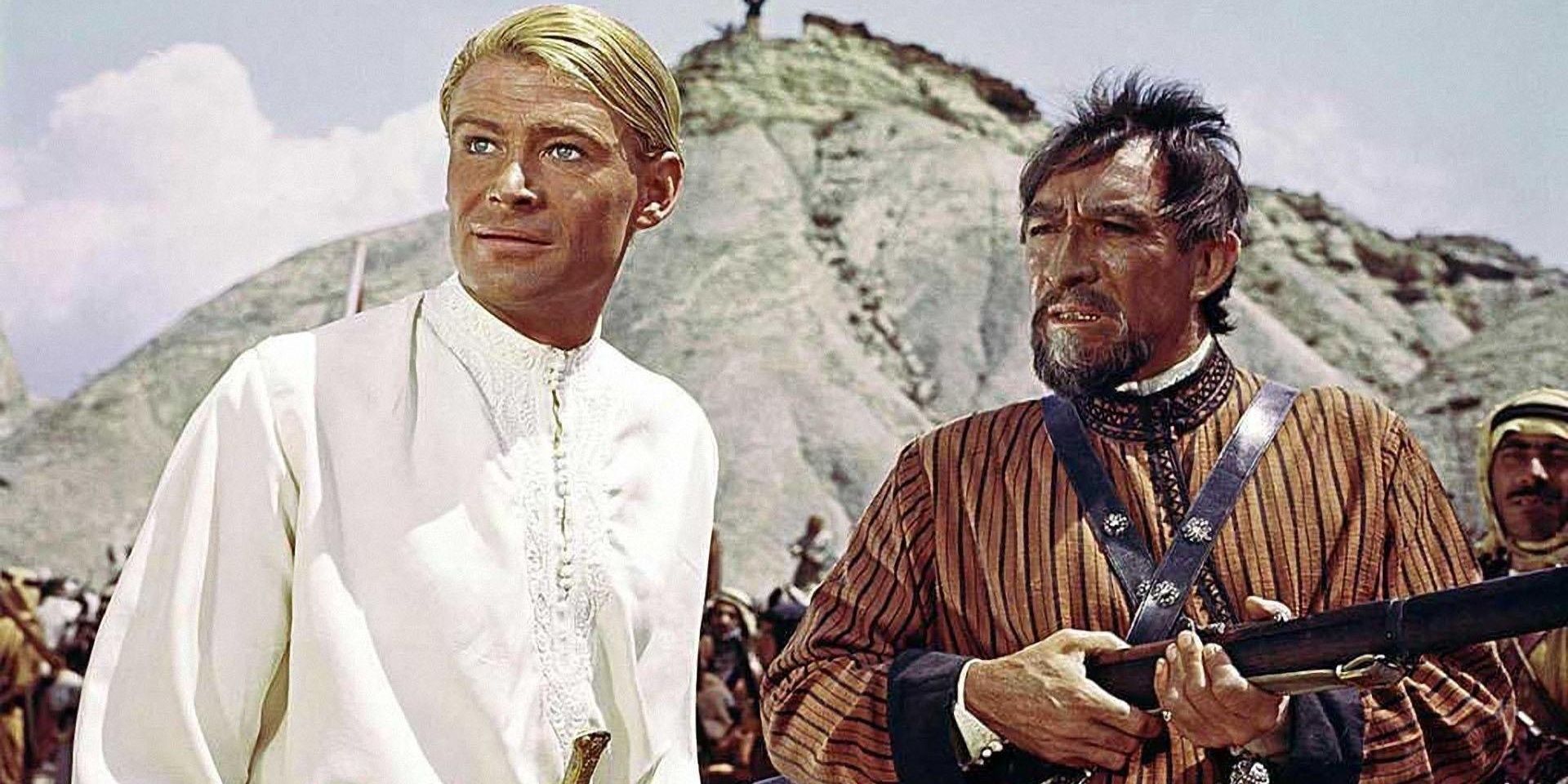
Released in 1962, Lawrence Of Arabia is a classic, based on the life of British army lieutenant, T. E. Lawrence. Starring West End actor, Peter O'Toole, Lawrence Of Arabia is a war epic that depicts the events of the Arab Revolt during World War One. The movie is a classic epic on white masculinity, and certainly a product of its time, choosing to follow the story of a white protagonist and his involvement in the revolt, rather than the Arabic protagonists themselves, including Arabic leaders of the revolt like Auda Abu Tayi.
The 1950s and 1960s saw many war epics depicting the bravery of American and British soldiers in both world wars. These films are brilliant expositions into how Orientalism destroyed everything that stood in the way of Western worldly domination.
9 Kes (1969)
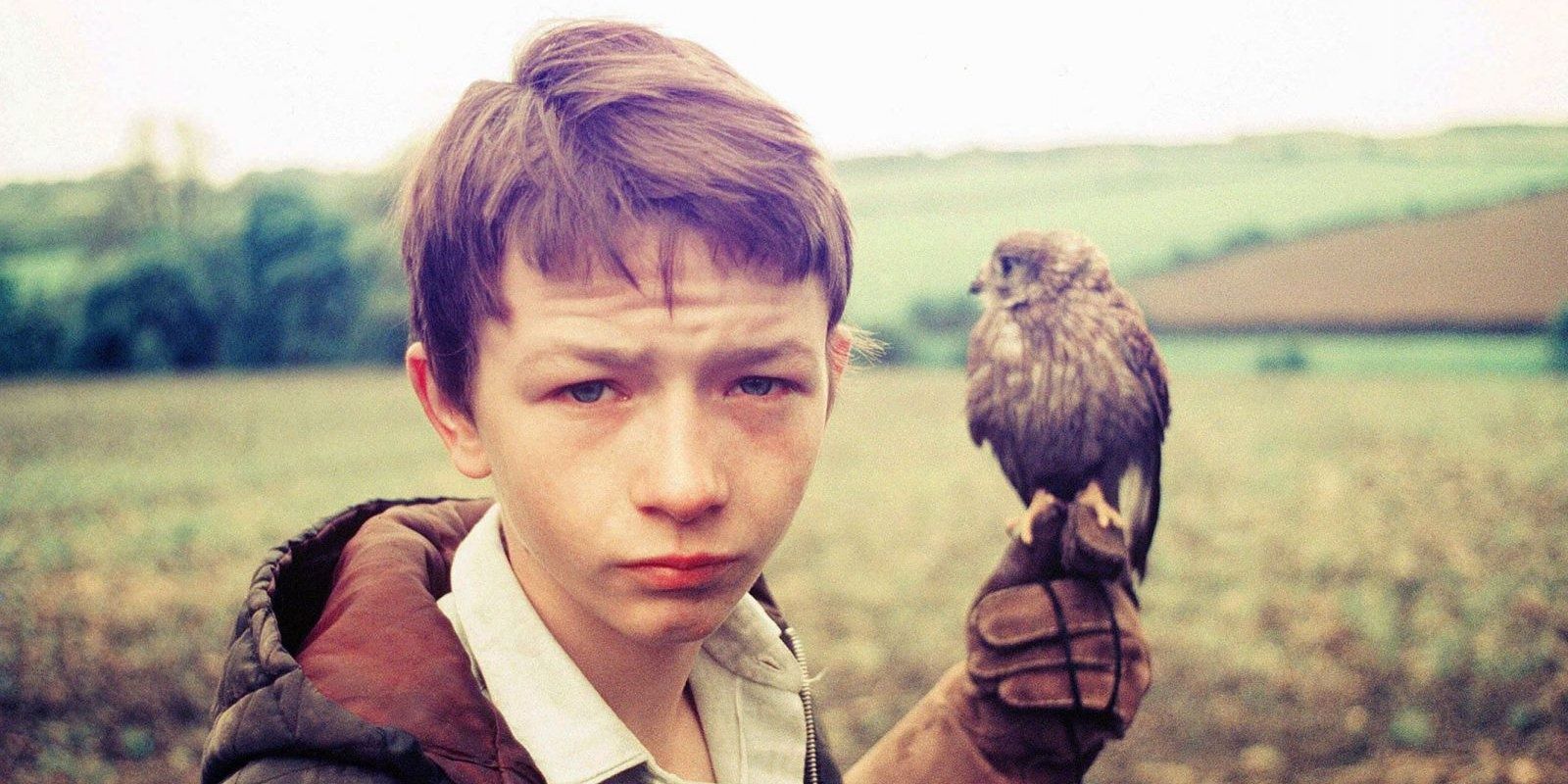
Another classic from the '60s, Kes was directed by Ken Loach, one of the most influential British directors of this century and the last. Loach is a controversial director with a love for working-class protagonists. Kes, one of Loach's earlier works, follows a young schoolboy trapped in a working-class town and family with no possible future prospects. Like most of Loach's work, Kes deals with how Britain has structured working-class communities so that there is no possibility for upward mobility for those not born into wealth. Set in South Yorkshire, the film is also an indictment against regional politics in the country, whereby the South is enriched by neglecting the North: a phenomenon which, today, can be observed with the political issue of Scotland's independence.
8 A Clockwork Orange (1971)
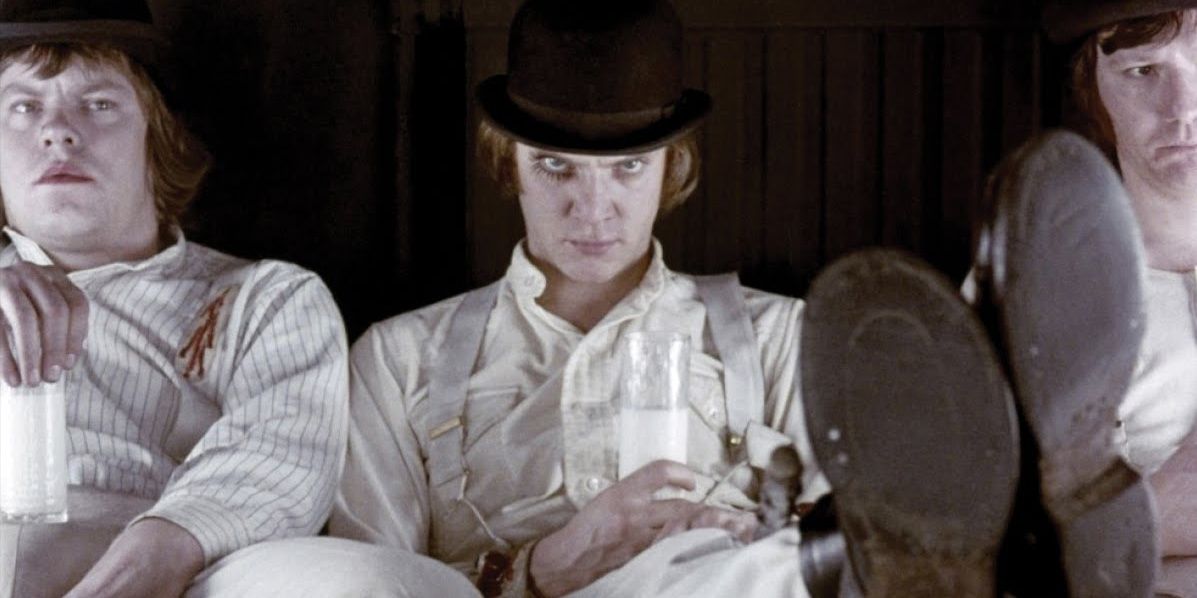
Based on the 1972 novel, A Clockwork Orange is a 1971 movie adaptation directed by Stanley Kubrick. Released nine years before The Shining, A Clockwork Orange is a taste into what would become Kubrick's signature theme: the unraveling of the mind. A dystopian crime thriller, the movie is set in a Britain of the near future, where extremely violent crime, drugs, and experimental psychological torture and rehabilitation are all part of everyday life.
Highly controversial, the movie's reception forced Kubrick to withdraw the film from cinematic release, especially after it prompted copycat crimes.
7 Trainspotting (1996)
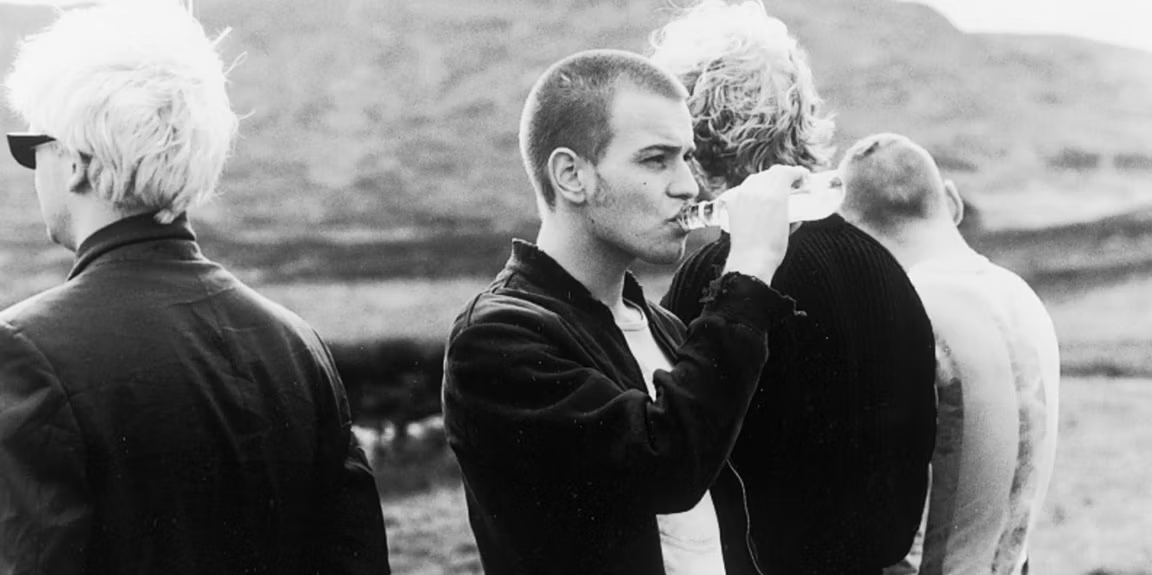
Trainspotting is one of the most popular British films produced. A 1996 black comedy about working-class life in Edinburgh, Trainspotting follows a group of young heroin addicts whose drug use has pushed them unto the fringes of society. Like Kes, the movie makes a distinction between the working-class drudgery and reality of Northern Britain and the possibility for wealth and upward mobility in Southern Britain, most notably London.
Directed by Danny Boyle, who would later work as the artistic director for the London 2012 Olympics Opening Ceremony, Trainspotting ends on a hopeful note after the protagonist manages to leave his old life behind to start a new one, free from drug addiction and poverty.
6 Saturday Night And Sunday Morning (1960)
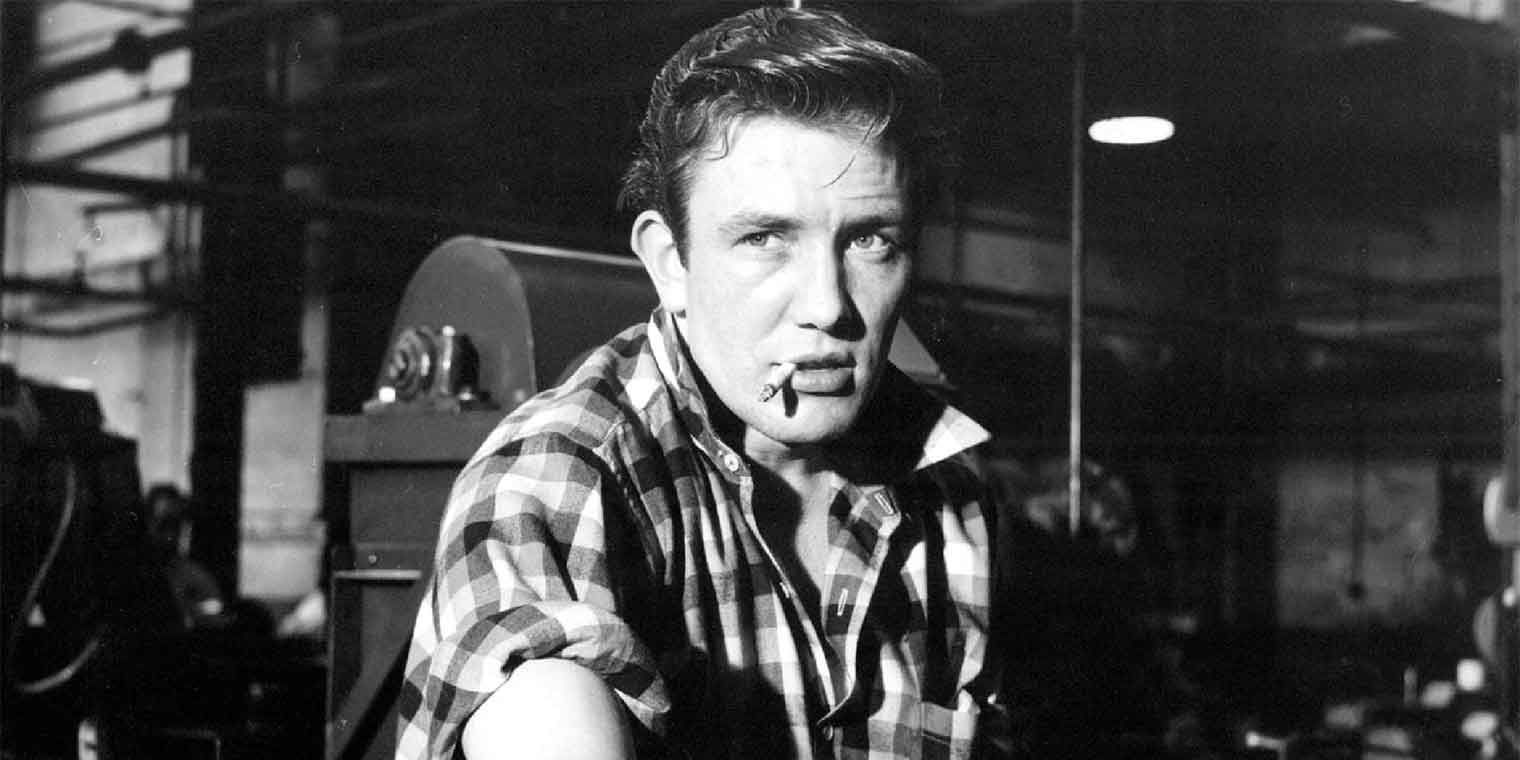
Another cinematic adaptation of a literary piece of work, Saturday Night And Sunday Morning is a kitchen sink drama released in 1960. Kitchen sink dramas were realistic British movies, novels, and plays that often revolved around the kitchen sink. Hence, they followed working-class protagonists dealing with the terrible realities of their class in post-WW2 Britain. Like most kitchen skin dramas, Saturday Night And Sunday Morning is set in Northern Britain, in Nottingham. Although he spends the entire movie trying to avoid his fate of mortgage and wage slavery, Arthur Seaton resigns himself to the fate of his parents at the end of the movie. The fatalism in director Karel Reisz's work is inescapable for those born on the wrong side of class warfare.
5 Dracula (1958)
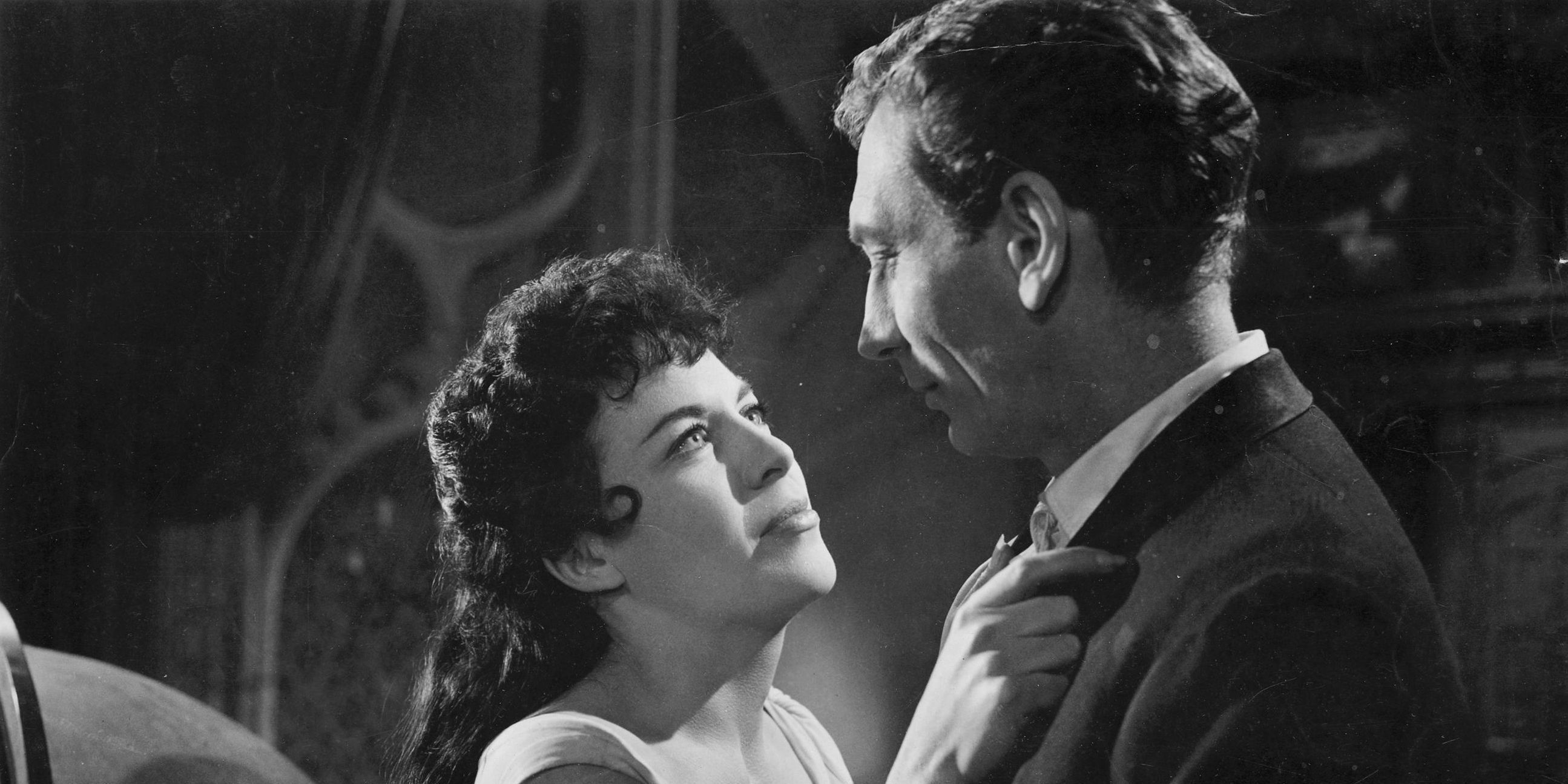
Directed by Terence Fisher, Dracula was released in 1958, although it was retitled Horror Of Dracula in its US release, to distinguish it from the 1931 Universal Pictures version. Fisher is acclaimed for directing many Hammer films, including The Curse Of Frankenstein and The Curse Of The Werewolf. At the direction of Fisher, Christopher Lee brought a new sexuality to the character never before seen on screen.
Dracula opened to bad reviews, leaving Lee ashamed of his portrayal of the monster. Today, however, the movie is considered one of the greatest British movies ever made.
4 I Know Where I'm Going! (1945)
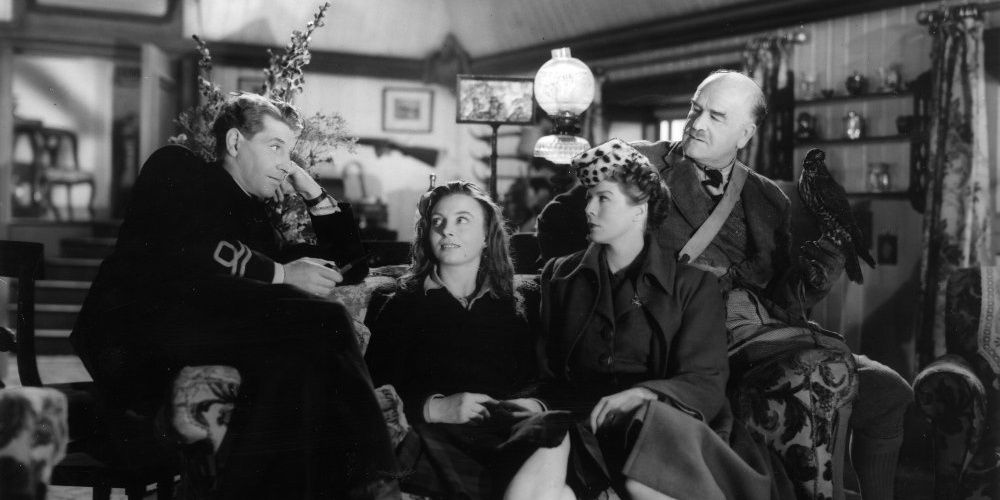
Shot and released in 1945, I Know Where I'm Going! is a poignant romantic film about a middle-class female protagonist, Joan Webster, who falls in love with a naval officer. Joan leaves Manchester for the Hebrides to marry a wealthy suitor. She believes that wealth and money are the most important things in life. However, when she becomes trapped on the island with naval officer, Torquil MacNeil, Joan soon learns that money is not everything in life.
I Know Where I'm Going! is perhaps one of the lesser well-known great British films, but has been praised by film critics for its brilliance.
3 The Bridge On The River Kwai (1957)
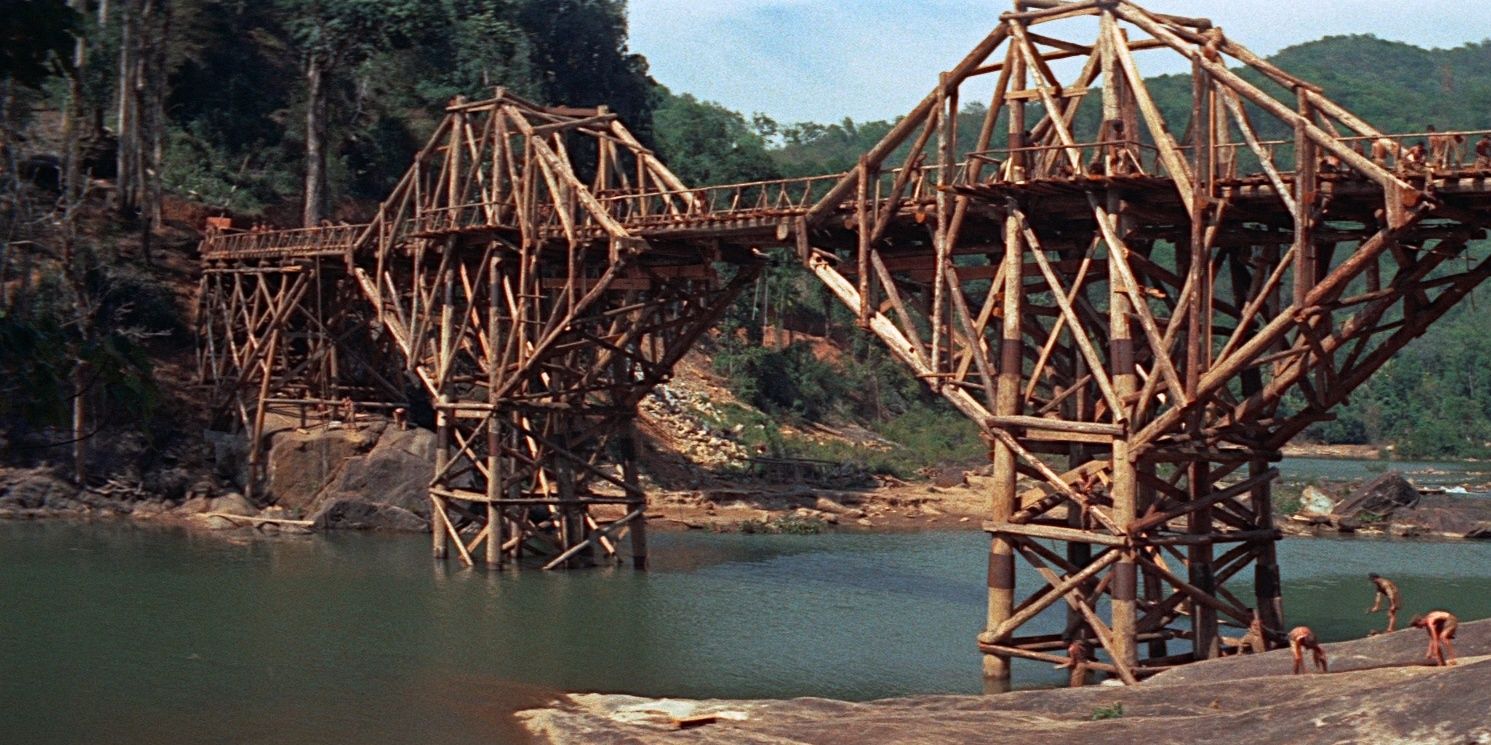
Another British-American war epic co-production, The Bridge On The River Kwai was released in 1957, five years before the release of Lawrence Of Arabia. Directed by David Lean, the movie also follows a tale of war among soldiers who must use their wits and military skills to achieve victory.
In 1943, British POWs in a Japanese prison camp must join in the construction of the Burma Railway. The movie is a tale of post-WW2 British masculine pride, consolidated in the character of Lieutenant Colonel Nicholson, who strives, against all odds, to keep his troops' morale, nationalistic pride, and dignity under harsh war conditions.
2 A Bridge Too Far (1977)
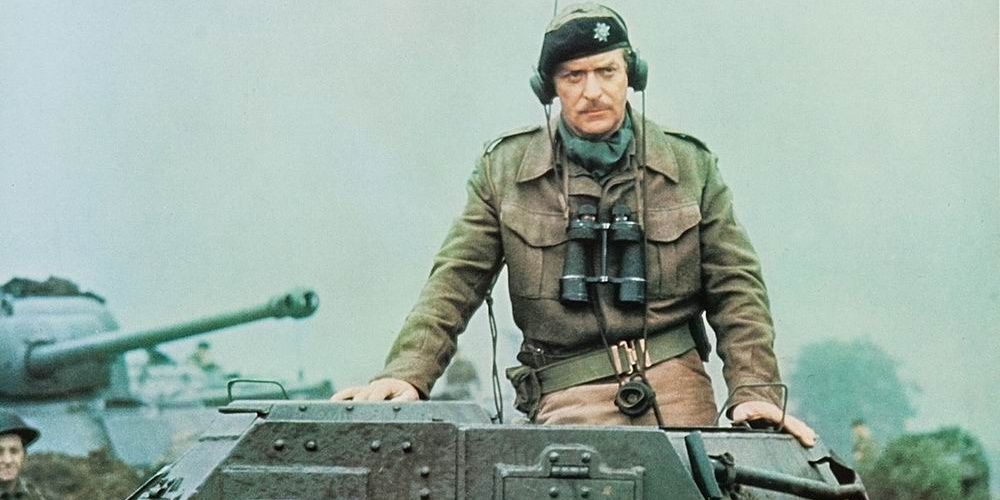
The 1977 epic war film, A Bridge Too Far starred many big names in British cinema, including Sean Connery, Michael Caine, Anthony Hopkins, and Laurence Olivier. Directed by Richard Attenborough, president of The British Academy of Film and Television Arts (BAFTA), the film billed itself as a "spectacle of men and war." With American actors like James Caan, Gene Hackman, and Robert Redford, the movie's reception was controversial. Film critic, Roger Ebert, wrote in 1977 that:
"Because A Bridge Too Far is such an exercise in wretched excess, such a mindless series of routine scenes, such a boringly violent indulgence in all the blood and guts and moans they could find, that by the end we're prepared to speculate that maybe Levine went two or even three bridges too far. The movie's big and expensive and filled with stars, but it's not an epic. It's the longest B-grade war movie ever made."
Nonetheless, the movie is a perfect snapshot of the era in which it was produced, cementing it as a British classic.
1 Chariots Of Fire (1981)
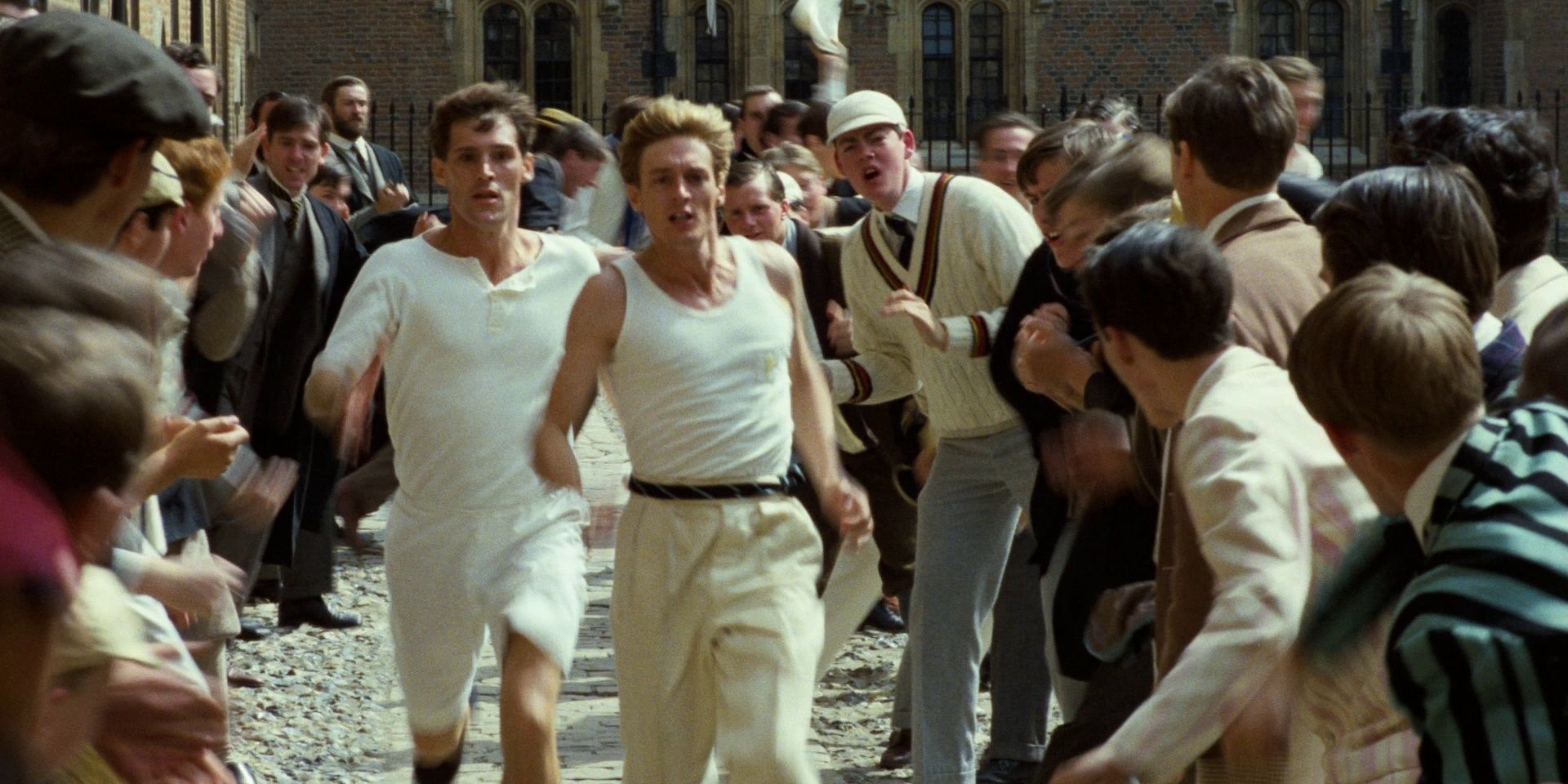
Based on real events, Chariots Of Fire is a historical drama that retells the events of the 1924 Olympics in Paris. Eric Liddell and Harold Abrahams both run for Britain in the 400m and 200m races respectively, winning gold medals for the nation. The movie explores the protagonists' motivation for running: Abrahams runs against anti-Semitism at The University of Cambridge, and Liddell runs as an expression of his faith as a Christian.
The movie won four Academy Awards at The 54th Academy Awards ceremony, including Original Score and Writing (Screenplay).
from ScreenRant - Feed https://ift.tt/34HAs2I
via IFTTT







0 comments:
Post a Comment